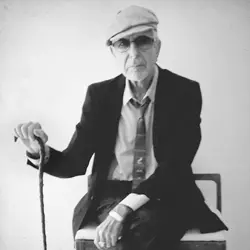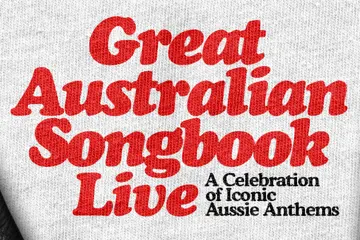 Leonard Cohen
Leonard CohenCritically-acclaimed Leonard Cohen documentary, Hallelujah: Leonard Cohen, A Journey, A Song, will release in select Australian cinemas from next month.
The film, which screened at the Venice, Telluride and Tribeca Film Festivals, has been described as the “definitive exploration” of the legendary singer-songwriter, “as seen through the prism of his internationally renowned hymn Hallelujah.
It will open in select cinemas in Sydney and Melbourne on July 14 before it hits Perth on August 11.
Approved by the man himself two years before he passed away in 2016, the doco will offer fans a new look at the icon via never-before-seen archival materials from the Cohen Trust, including personal notebooks, journals and photographs, performance footage, and rare audio recordings and interviews.
According to its official synopsis: “This feature-length documentary weaves together three creative strands: The songwriter and his times; the song’s dramatic journey from record label reject to chart-topping hit; and moving testimonies from major recording artists for whom ‘Hallelujah’ has become a personal touchstone.”
It will also feature Jeff Buckley, John Cale, Brandi Carlile, Eric Church, Judy Collins, Bob Dylan, Glen Hansard, Sharon Robinson, Rufus Wainwright and more.
Speaking with Variety last year, filmmakers Dan Geller and Dayna Goldfine said that getting Cohen’s approval was “surprisingly straightforward”.
Don't miss a beat with our FREE daily newsletter
“The first thing we discovered in our research was Alan Light’s book, The Holy Or The Broken, which vividly recounts Hallelujah’s unusual trajectory from record-label reject to internationally beloved hymn,” they said.
“At Alan’s suggestion we wrote to Leonard through his manager, Robert Kory. Robert gave our note and some of our past films to Leonard, who looked at the work, liked our described approach to the film and approved the project within a week.
“Another key to this quick approval was that Leonard loved Alan’s book. Then, crucial to our ability to continue the project even after Leonard’s death, was the fact that he had personally sanctioned it.”















